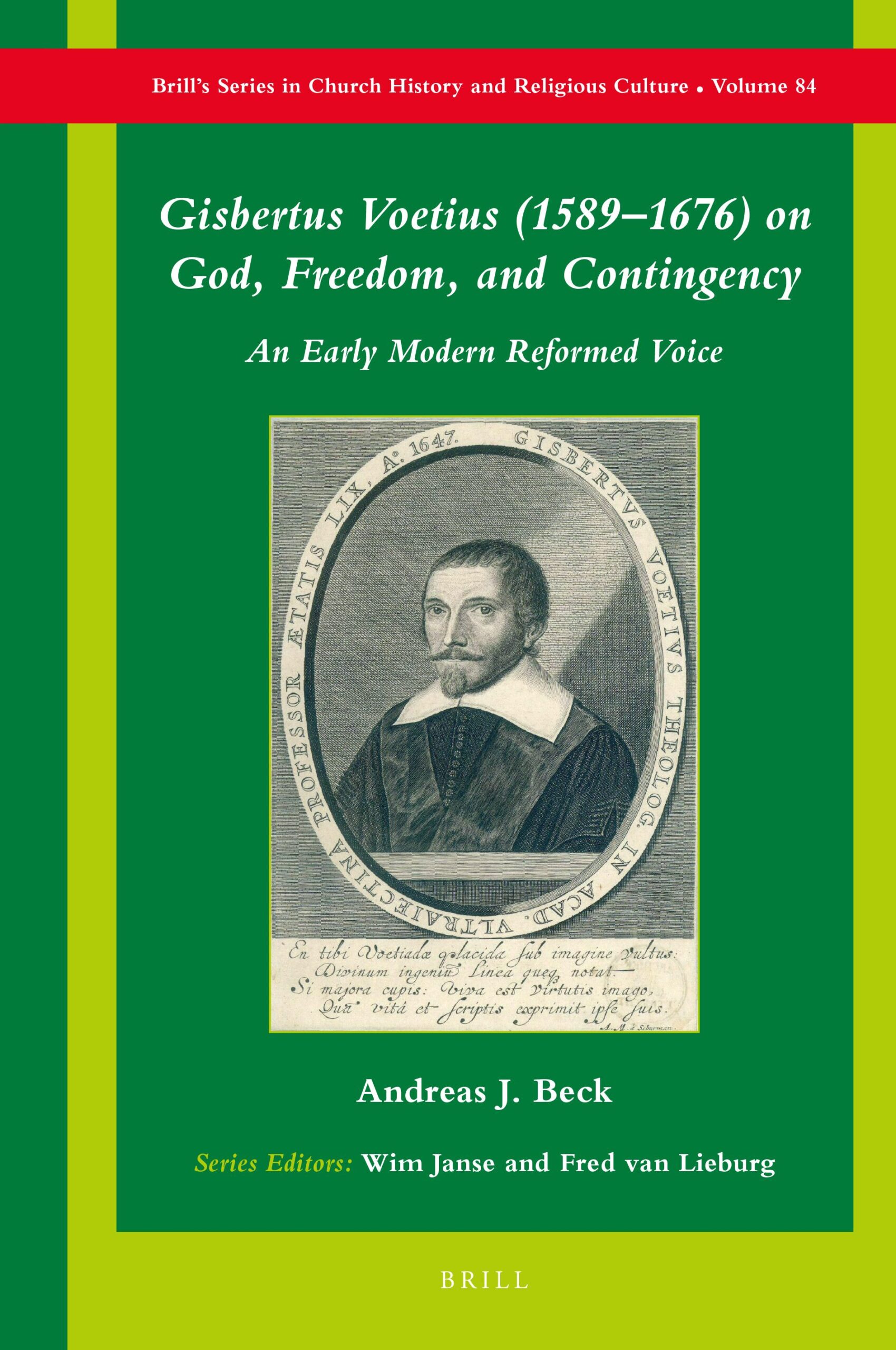
Book Review: Gisbertus Voetius on God, Freedom, and Contingency
Gisbertus Voetius (1589–1676) on God, Freedom, and Contingency: An Early Modern Reformed Voice. Andreas Beck. Brill. 616 pages. $227. Gisbertus Voetius is undoubtedly one of

Gisbertus Voetius (1589–1676) on God, Freedom, and Contingency: An Early Modern Reformed Voice. Andreas Beck. Brill. 616 pages. $227. Gisbertus Voetius is undoubtedly one of
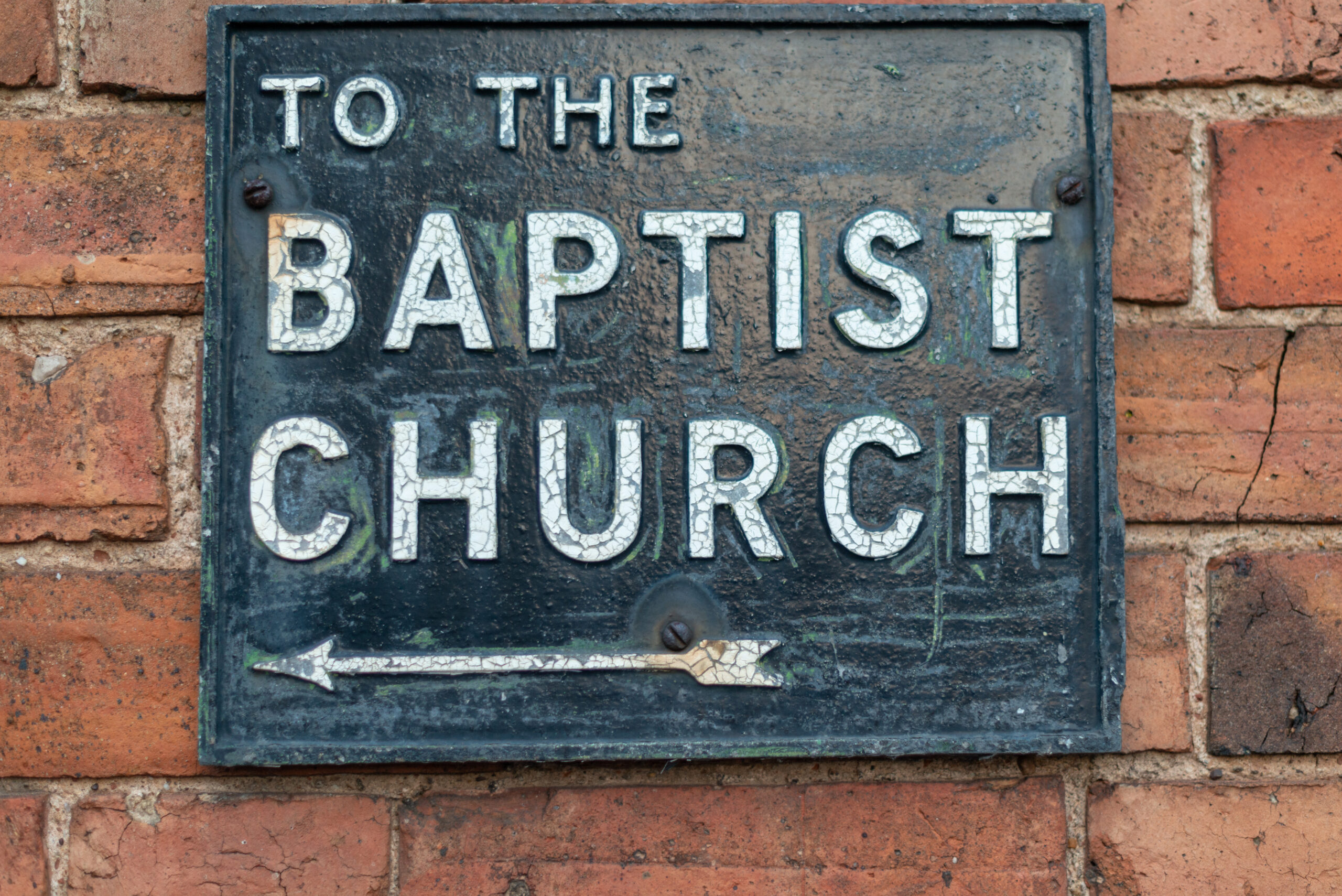
Henry Jessey (1601-1663) is one of the those “larger-than-life” figures from the Puritan era that J.I. Packer properly referred to as “God’s Giants.”[1] Born in

Not long ago, I was reading a book examining some not-so-great features of modern evangelicalism (hint: it was Jesus and John Wayne). I really wanted
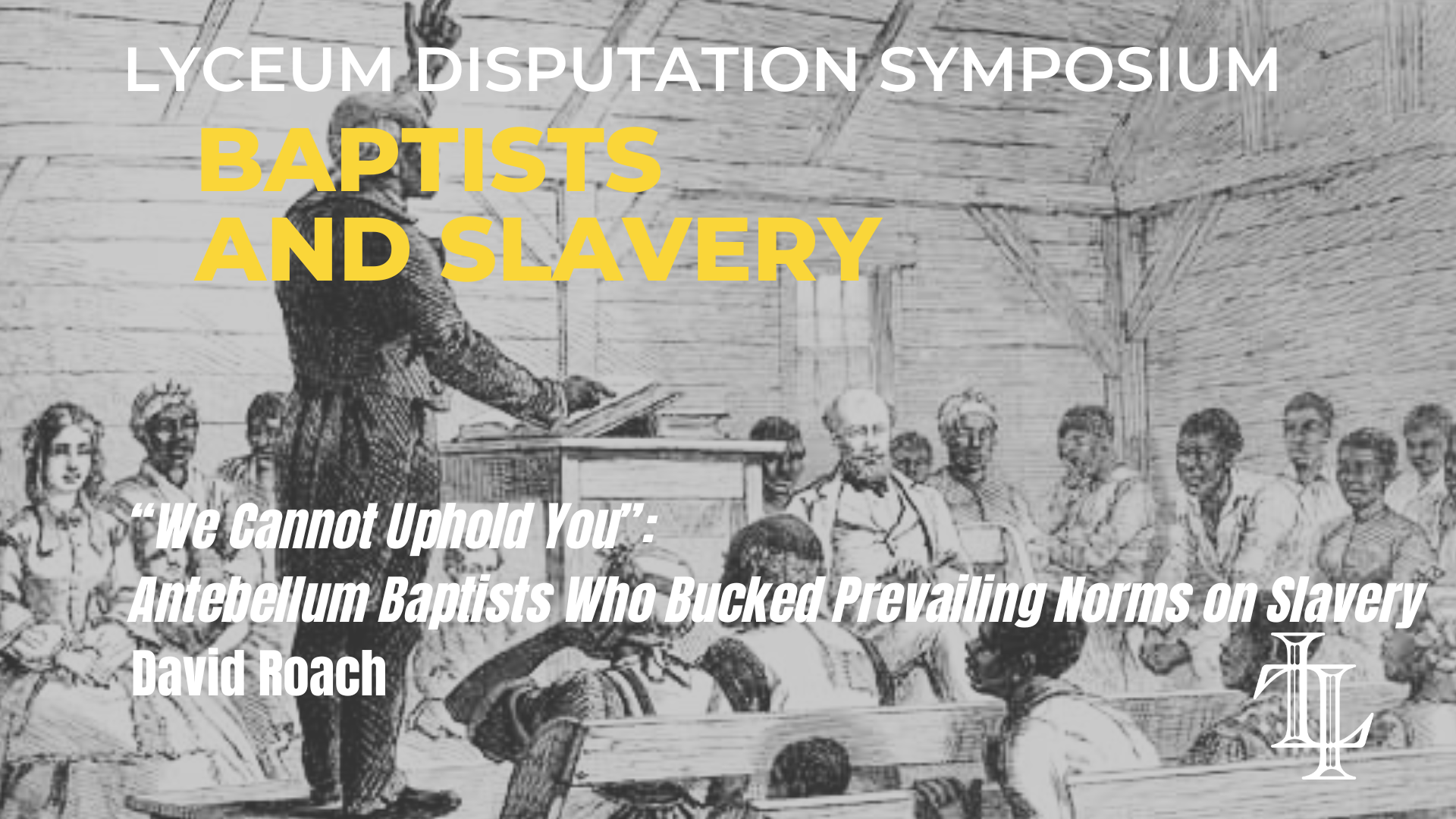
Editor’s Note: This is part 5 of our Lyceum Disputation series considering how Baptists responded to American slavery. As with all our work, the London Lyceum publishes a range
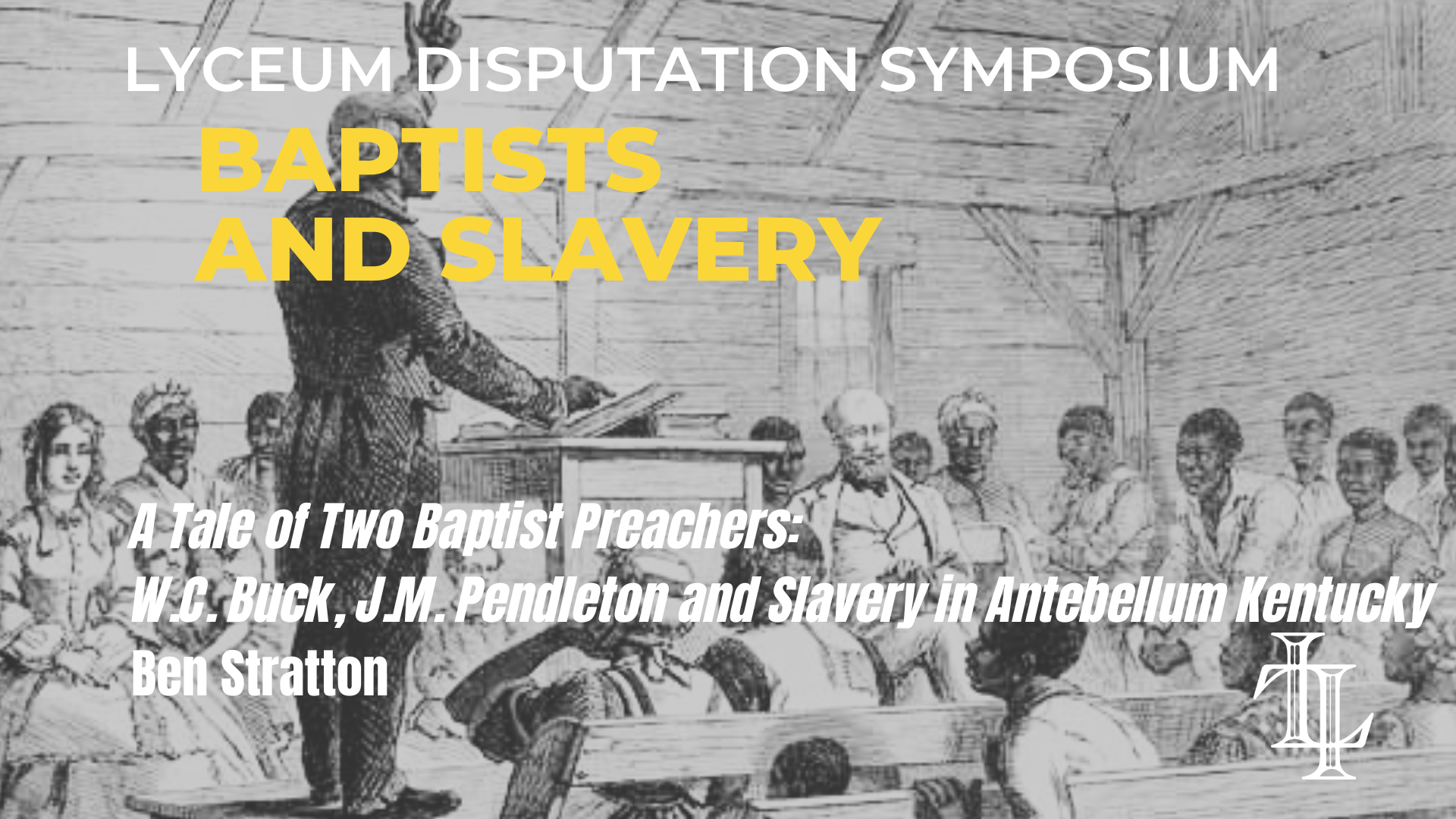
Editor’s Note: This is part 4 of our Lyceum Disputation series considering how Baptists responded to American slavery. As with all our work, the London Lyceum publishes a range
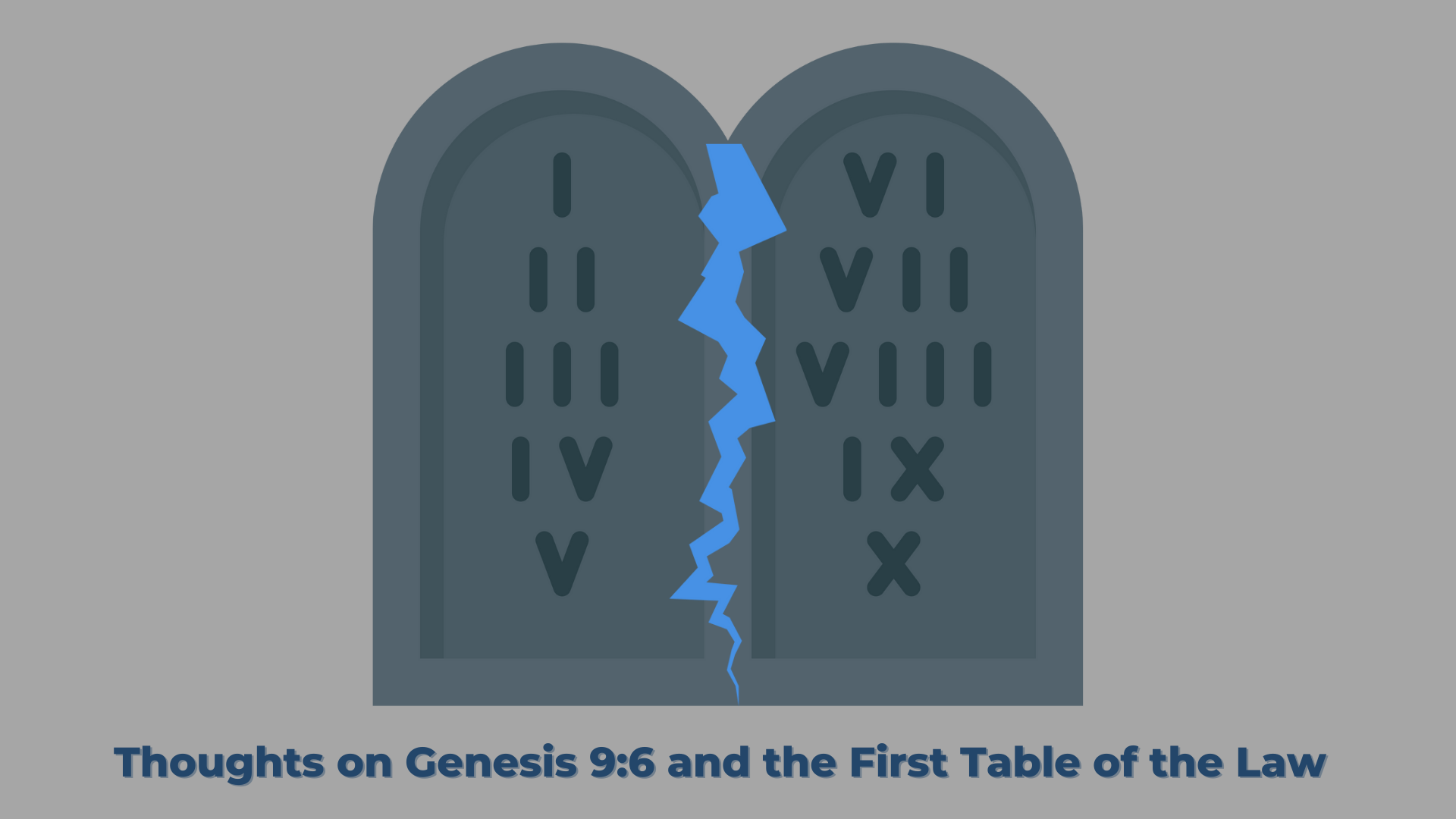
Editor’s Note: As with all our work, the London Lyceum publishes a range of viewpoints to encourage thinking. The Davenant Institute and Colorado Christian University
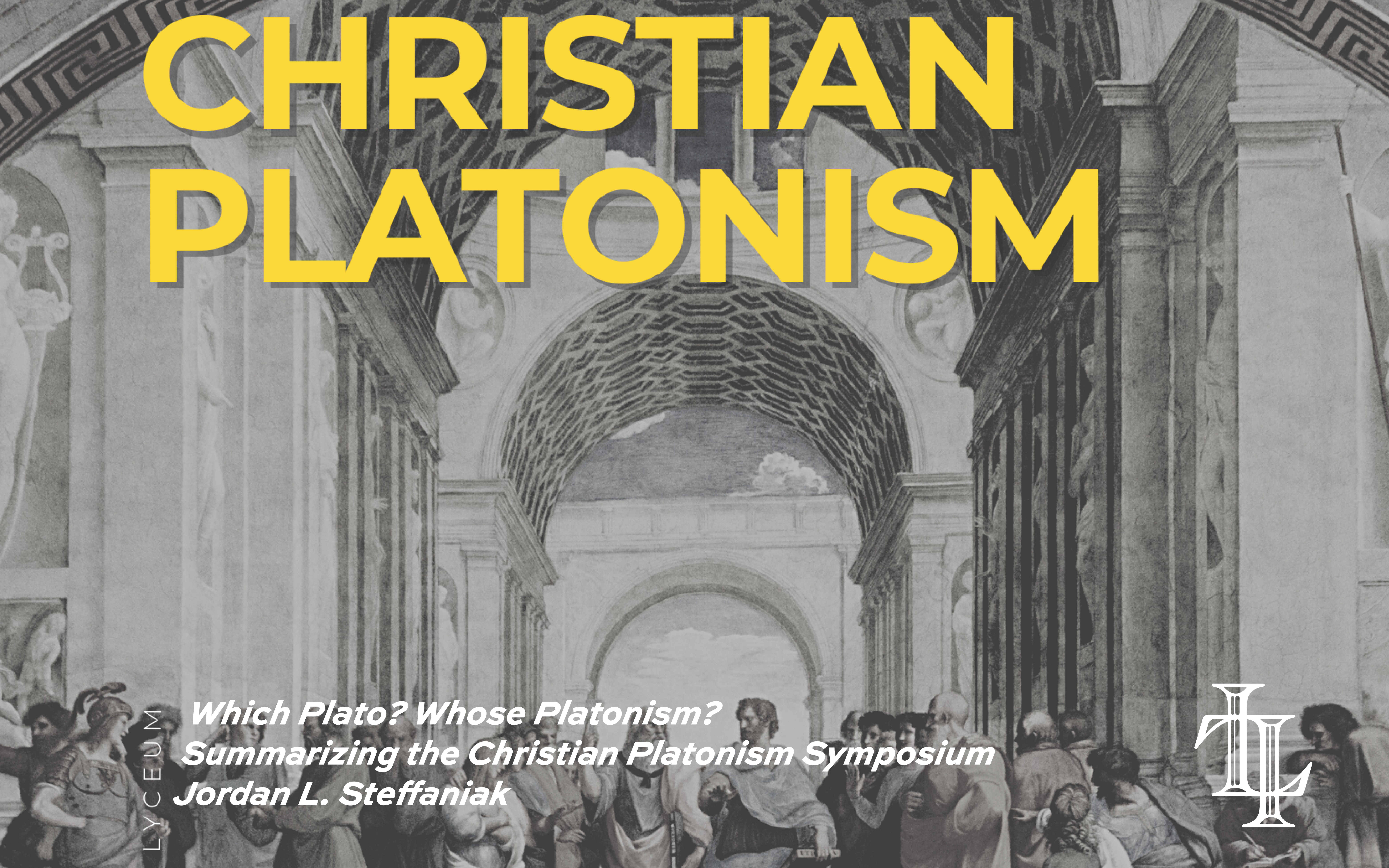
Editor’s Note: This is our final summary of our Lyceum Disputation series considering the nature and potential necessity of contemporary “Christian Platonism.” As with all our work, the
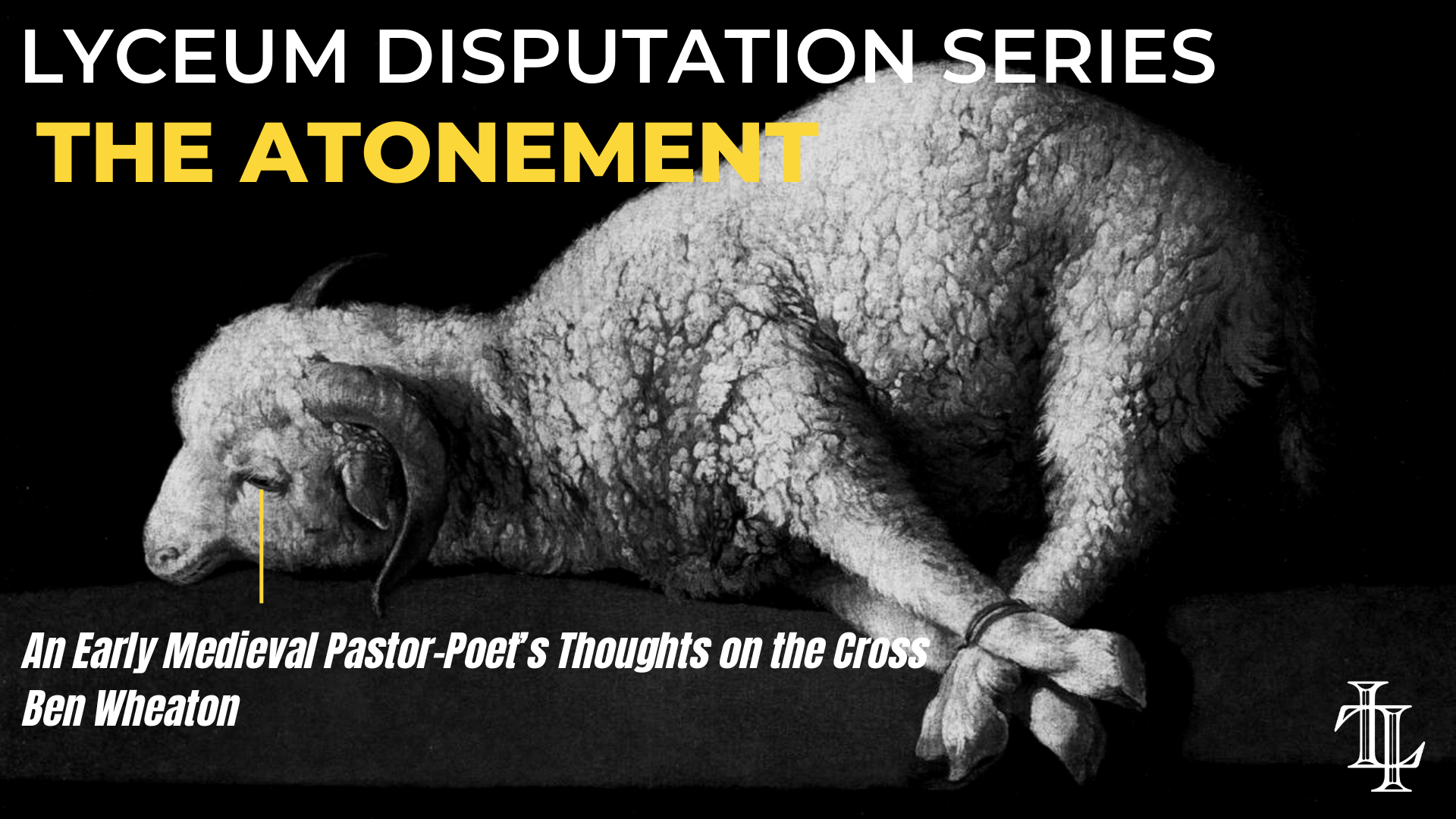
Editor’s Note: This is part 5 in our Lyceum Disputation series considering the necessity of Penal Substitutionary Atonement as described in this 2017 SBC resolution. Stay tuned for further
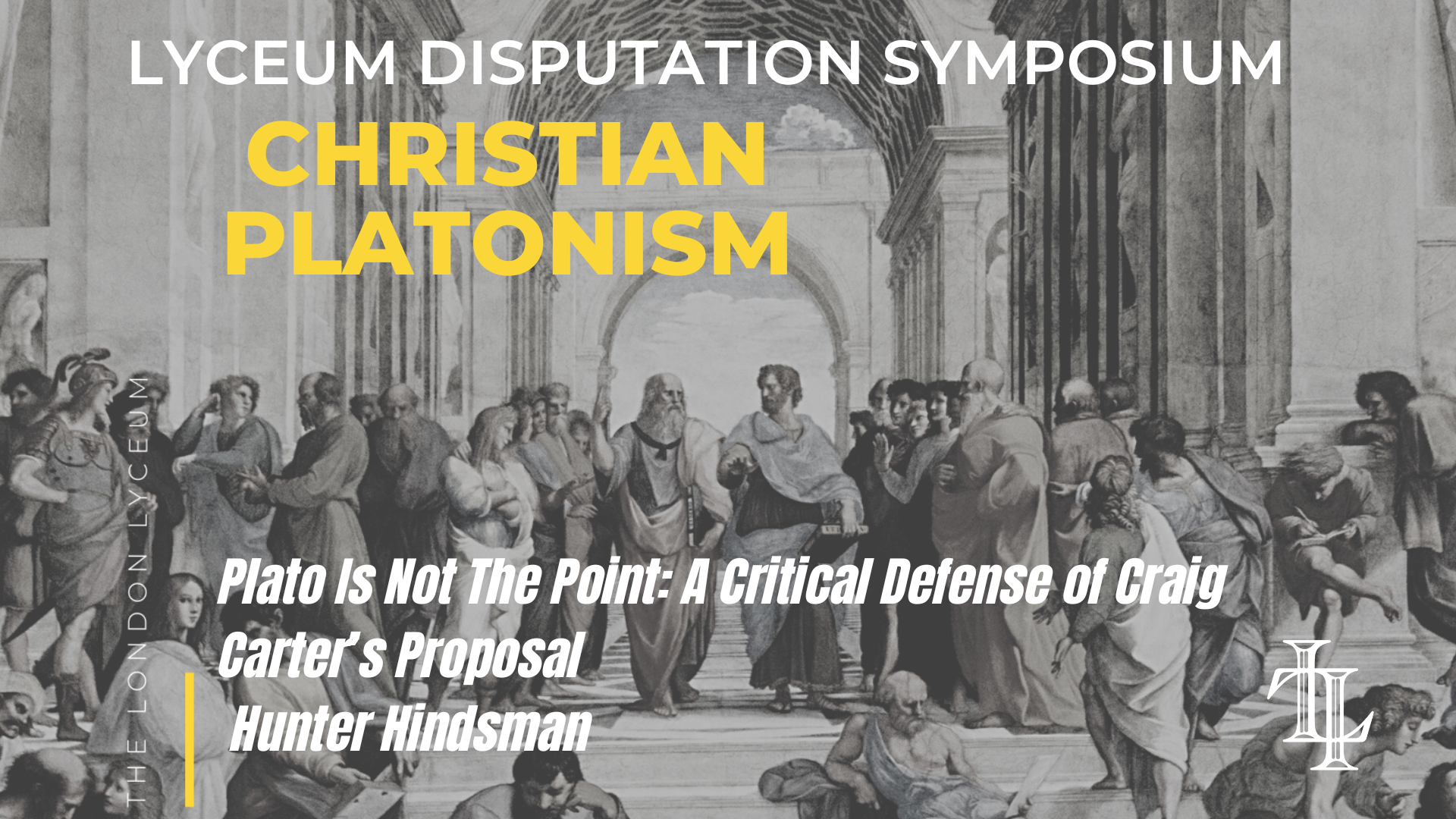
Editor’s Note: This is part 5 in our Lyceum Disputation series considering the nature and potential necessity of contemporary “Christian Platonism.” Stay tuned for further installments. As with
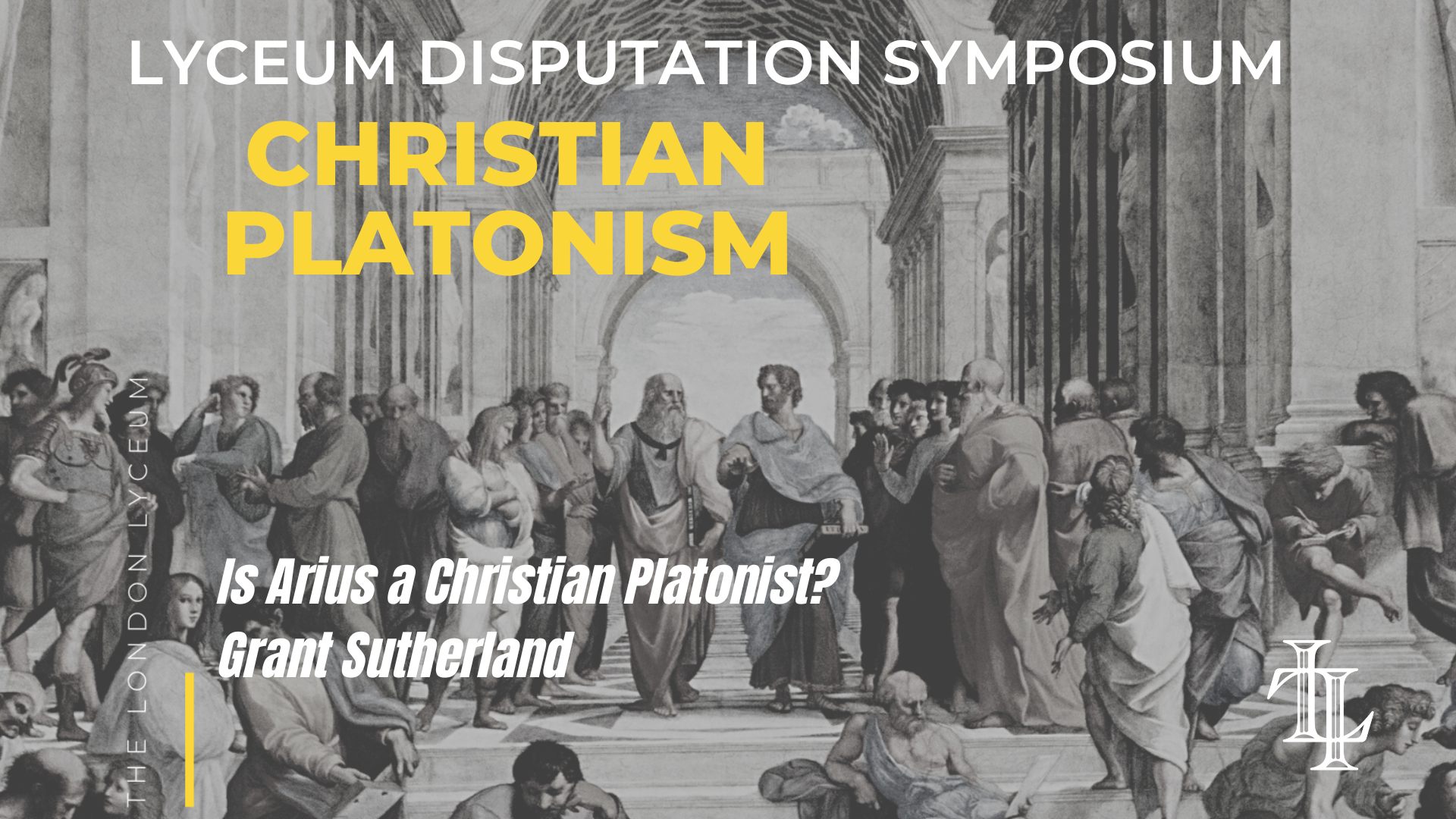
Editor’s Note: This is part 4 in our Lyceum Disputation series considering the nature and potential necessity of contemporary “Christian Platonism.” Stay tuned for further installments. As with